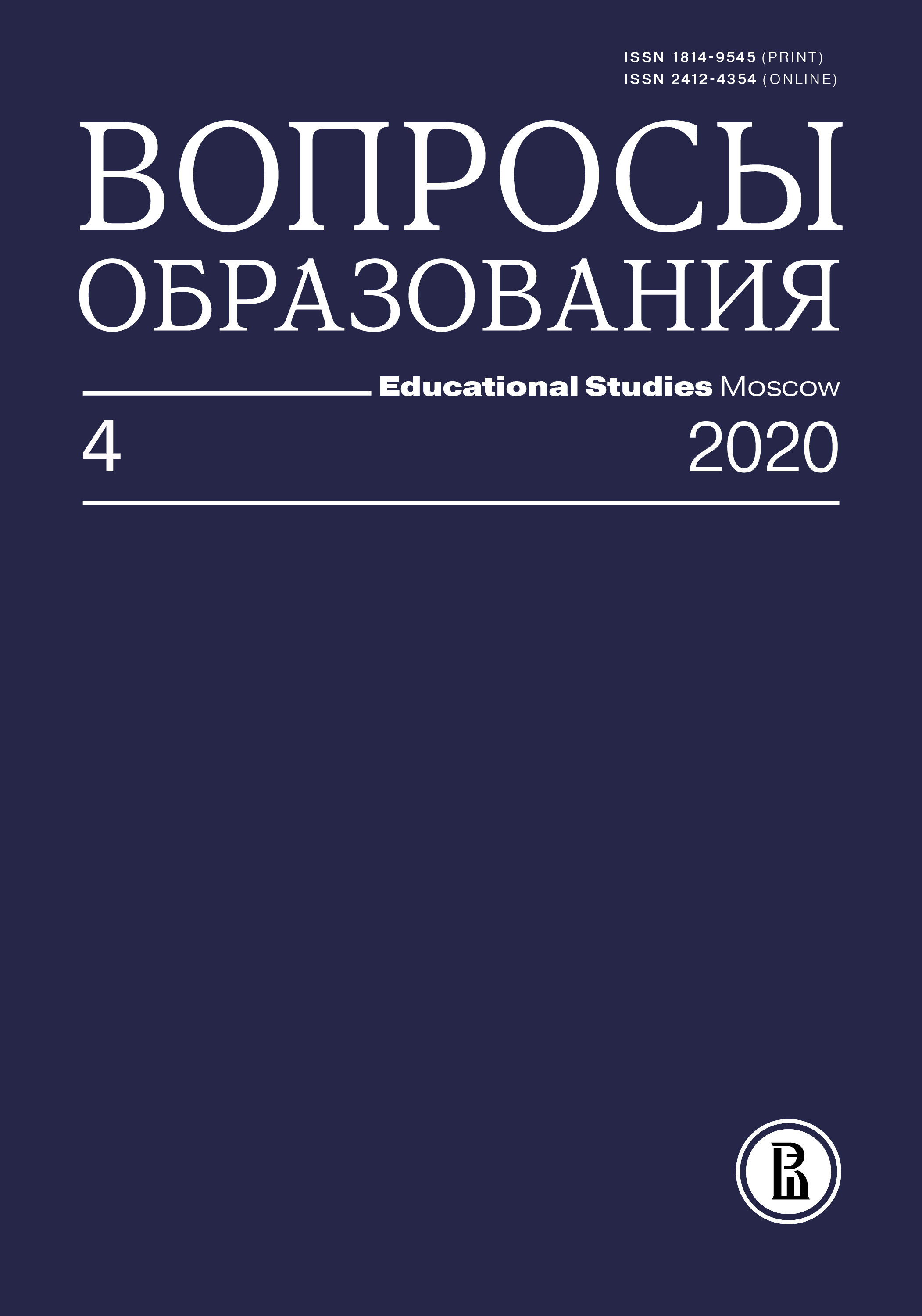Teacher Professional Development in Russia and Kazakhstan. Evidence from TALIS‑2018
Abstract
The results of the Teaching and Learning International Survey (TALIS‑2018) of teachers and school leaders are used to compare the teacher professional development systems in Russia and Kazakhstan. In particular, comparative analysis concerns the induction and mentoring programs for beginning teachers, the mechanisms of teacher professional learning, teachers’ needs for professional development, and barriers to the latter. TALIS‑2018 involved over 4,000 teachers from 230 schools in Russia and over 6,000 teachers from 331 schools in Kazakhstan. Two-stage probability (random) sampling allows extrapolating the survey results to the whole population of schools and school teachers in every TALIS participating country. It was established that neither Russia nor Kazakhstan engaged in monitoring or assessing the mechanisms of support for young and beginning teachers, and teacher evaluation did not require completing an induction or mentoring program. Development of mechanisms to ensure that professional learning programs satisfy teachers’ needs is a promising avenue for improving the system of teacher professional development. For this purpose, teachers in both countries are offered vouchers allowing them to choose professional development programs at their discretion. Overall, teachers’ needs for professional development are similar in Russia and Kazakhstan, as are barriers to their satisfaction. Those needs should always be considered when updating the learning standards and curricula, especially with regard to such increasingly important aspects of teaching as critical thinking and the use of digital technology. Particular attention should be paid to the development of special education teacher skills.









